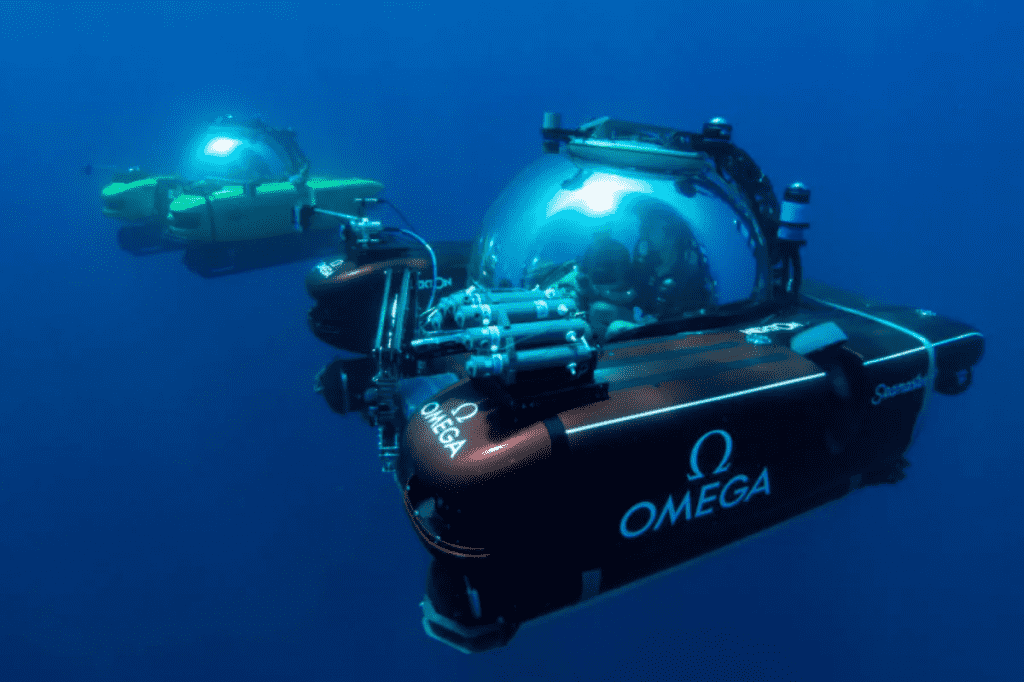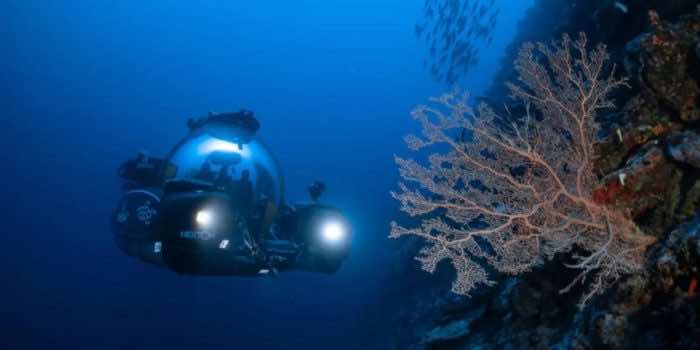An “ecosystem” was recently tracked down by a team of scientists in the Maldives. As per the press release, the mission was conducted by “Nekton”, which is a non-profit research foundation and a charity organization in the U.K. focused on the task of fostering research in ocean conservation. Nekton says that this new ecosystem has been named “The Trapping Zone,” and the discovery of this specific region will now further preserve the marine life in order to perpetuate the ecosystem.

Coupled with this, the team went to great lengths to explore the depths of the ocean in pursuit of this ecosystem and you would be amazed to know that Professor Alex Rogers spent more than 30 hours under the water. His aim was to monitor all the activities in this trapping zone and record them for future research prospects. The team became successful in gathering different biological samples from the region including extensive sonar mapping as well. However, Prof. Alex states, “This has all the hallmarks of a distinct new ecosystem. The Trapping Zone is creating an oasis of life in the Maldives, and it is highly likely to exist in other oceanic islands and also on the slopes of continents.”
In addition to this, Professor Lucy Woodall, who is also Nekton’s Principal Scientist, said, “Image data, combined with the biological samples we have collected from our submersibles and extensive sonar mapping, all point to megafauna predators such as sharks and other large fish feedings on swarms of micro-nekton – small swimming creatures that are trapped in the subsea landscape at that depth.” Hence, the mission really helped in discovering the ground realities of the ocean and the marine life encompassing it.

Mohamed Shimal, a participant of Maldives Marine Research Institute (MMRI), discussed his experience and findings in the following words: “I will say it’s a huge success. We have gathered a lot of information that we otherwise wouldn’t be able to achieve in a short period of time. We have done a successful job at documenting the deep-sea environments and from [1000 meters] deep to about 500 meters.”
One of the most intriguing things to note is that this mission was a 34-day mission and was sponsored by Swiss luxury watchmaker Omega which has done a major contribution by equipping the team with the state-of-the-art Omega Seamaster II submersible vehicle. Not to mention, the mission became a success as a result of the collaboration between the Maldives’ government, the MMRI, and international scientists.

In the words of the President of the Maldives H.E Ibrahim Mohamed Solih, “The discovery of ‘The Trapping Zone’ and the oasis of life in the depths surrounding the Maldives provides us with critical new knowledge that further supports our conservation commitments and sustainable ocean management, and almost certainly supports fisheries and tourism.”
To that end, Dr. Hussain Rasheed Hassan, who is the Minister of Fisheries, Marine Resources, and Agriculture, said, “Maldives, a coral atoll archipelagic nation, is facing existential threat caused by human impacts and climate change. For our very survival as a nation, we ought to look for science-based solutions that help us to mitigate and adapt to the disastrous effects of climate change”. He further stated, “The evolutionary history of this beautiful coral atoll nation is written as a record on the bedrock, deposits, and the fauna of the deep. This Mission is shedding light on how we may use science to survive as a nation.”


